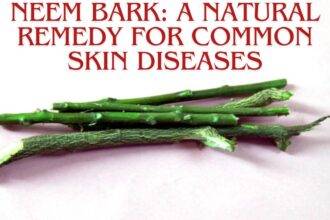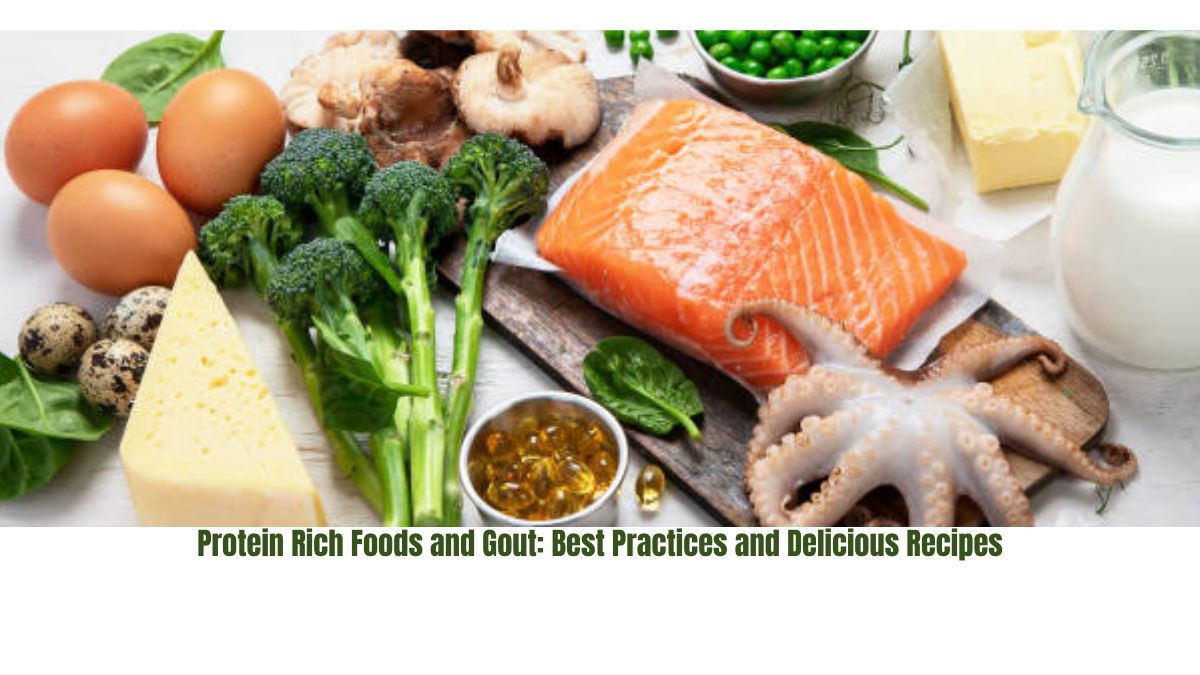In the realm of managing gout, understanding the relationship between protein-rich foods and this condition is crucial. By adopting the best practices and incorporating delicious recipes into your diet, you can embark on a journey towards alleviating gout symptoms and promoting overall well-being.
Introduction:
Protein Rich Foods and Gout: Best Practices and Delicious Recipes
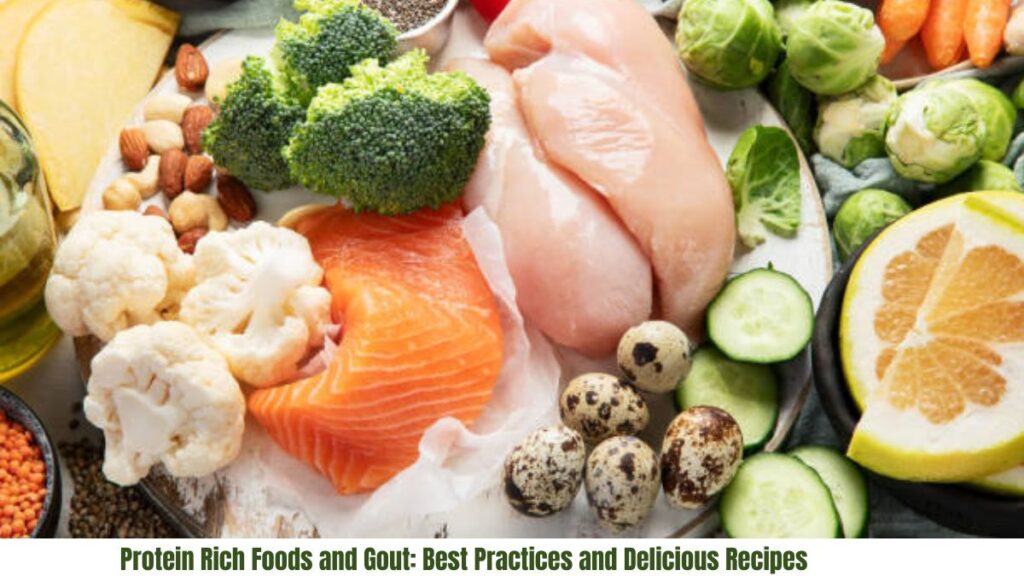
Discovering the intricate connection between protein-rich foods and gout lays the foundation for effective management strategies. This article delves into the best practices for incorporating these foods into your diet, accompanied by mouthwatering recipes that promise both flavor and nutritional benefits.
Understanding Gout and Protein: Before diving into the culinary realm, it’s essential to grasp the basics of gout and its correlation with protein intake. Exploring how protein affects uric acid levels in the body sets the stage for informed dietary choices.
Best Practices for Gout Management: Embarking on a journey to mitigate gout symptoms requires a comprehensive approach. From moderating protein intake to staying hydrated and maintaining a healthy weight, adopting these best practices forms a solid framework for managing gout effectively.
Navigating Protein-Rich Foods: Not all proteins are created equal when it comes to gout management. By identifying protein sources that are less likely to trigger flare-ups, individuals can tailor their diet to accommodate their nutritional needs while minimizing the risk of exacerbating gout symptoms.
Delicious Recipes for Gout Relief: Who says gout-friendly meals have to be bland or uninspired? We’ve curated a collection of delectable recipes that prioritize both taste and nutritional value. From protein-packed salads to savory main courses, these dishes prove that eating well can be a pleasure, not a chore.
Recipe Highlights:
- Grilled Salmon with Citrus Quinoa: A tantalizing blend of protein and whole grains, infused with refreshing citrus flavors.
- Lentil and Vegetable Curry: A hearty, plant-based dish brimming with protein and anti-inflammatory ingredients.
Turkey and Kale Stir-Fry: A nutrient-rich stir-fry that showcases lean protein and vibrant greens, perfect for satisfying cravings without compromising health goals.
What is the relationship between protein rich foods and gout?
Gout is a type of arthritis caused by the buildup of uric acid crystals in the joints. Uric acid is a waste product produced during the breakdown of purines, which are substances found in certain foods and drinks. Protein-rich foods, particularly those high in purines, can contribute to elevated levels of uric acid in the body, potentially triggering gout attacks in susceptible individuals.
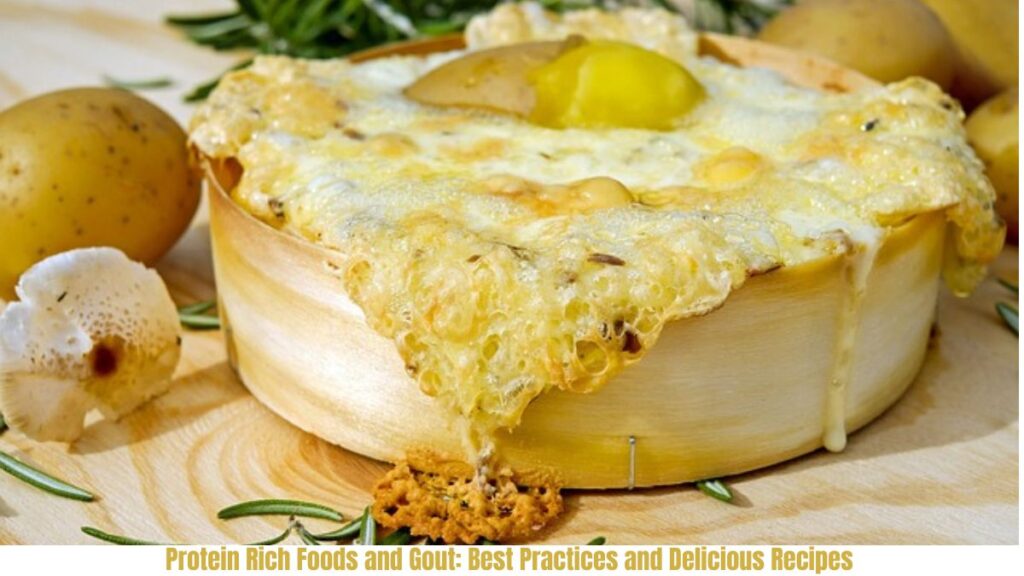
Foods high in purines include:
- Organ meats such as liver, kidney, and sweetbreads.
- Certain types of seafood like anchovies, sardines, mussels, and herring.
- Red meat, including beef, lamb, and pork.
- Game meats such as venison and elk.
While it’s important to note that not everyone with gout will have flare-ups triggered by purine-rich foods, individuals who are prone to gout attacks may benefit from moderating their intake of these foods. It’s also essential for those with gout to stay hydrated, maintain a healthy weight, limit alcohol consumption (especially beer and spirits), and include plenty of fruits, vegetables, and low-fat dairy products in their diet.
However, it’s important to consult with a healthcare professional or a registered dietitian for personalized dietary recommendations tailored to individual needs and health conditions.
Are there any potential side effects or complications associated with consuming high levels of protein for individuals with gout?
Yes, consuming high levels of protein, particularly from sources high in purines, can have several potential side effects or complications for individuals with gout:
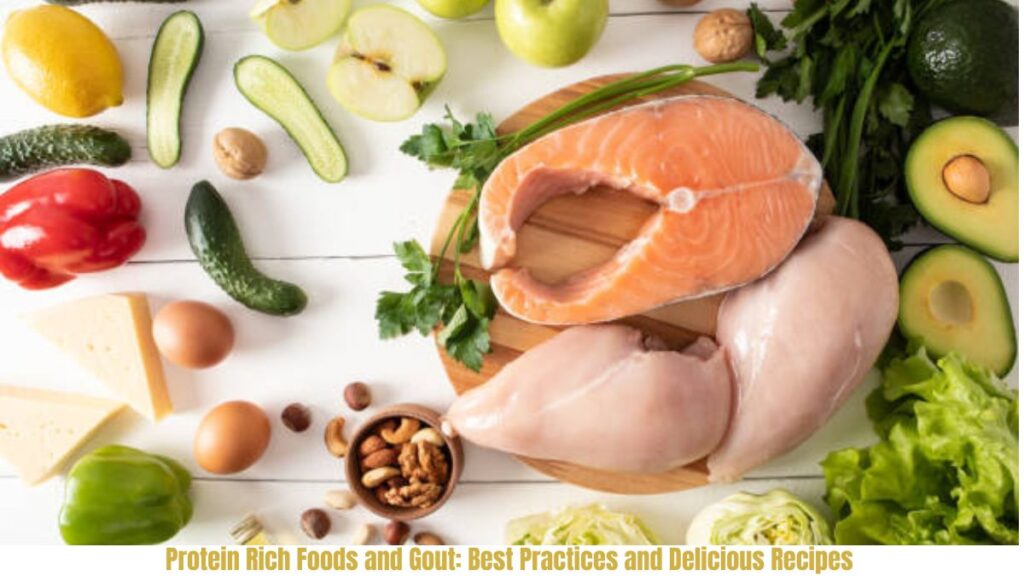
- Increased Uric Acid Production: Protein-rich foods, especially those high in purines, can lead to increased production of uric acid in the body. Elevated levels of uric acid can contribute to the formation of uric acid crystals in the joints, triggering gout attacks or exacerbating existing symptoms.
- Gout Flares: Consuming large amounts of purine-rich foods, such as red meat, organ meats, and certain types of seafood, can increase the risk of gout flares in individuals who are prone to this condition. Gout flares are characterized by sudden and intense joint pain, swelling, and inflammation.
- Kidney Strain: High-protein diets can put strain on the kidneys, as they are responsible for filtering waste products, including uric acid, from the bloodstream. In individuals with gout, excessive protein intake may exacerbate kidney strain and potentially worsen kidney function.
- Dehydration: Some protein-rich foods, particularly red meats, can contribute to dehydration if consumed in large quantities. Dehydration can increase the concentration of uric acid in the blood, making it more likely to crystallize and precipitate in the joints, worsening gout symptoms.
- Weight Gain: Certain high-protein foods, such as fatty cuts of meat and full-fat dairy products, can be high in calories and saturated fats. Overconsumption of these foods may contribute to weight gain, which is a risk factor for gout and can worsen symptoms.
- Increased Risk of Chronic Diseases: Some studies suggest that long-term consumption of high-protein diets, especially those derived from animal sources, may increase the risk of chronic diseases such as heart disease, diabetes, and certain types of cancer. Managing these conditions is important for overall health and may also benefit individuals with gout.
Overall, individuals with gout should aim for a balanced diet that includes moderate amounts of protein from a variety of sources, with a focus on lean proteins, such as poultry, fish, tofu, and legumes. It’s also essential to stay hydrated, maintain a healthy weight, limit alcohol consumption, and consult with a healthcare professional or a registered dietitian for personalized dietary recommendations tailored to individual needs and health conditions.
What safety considerations should individuals with gout keep in mind when consuming protein rich foods?
Individuals with gout should consider the following safety measures when consuming protein-rich foods:
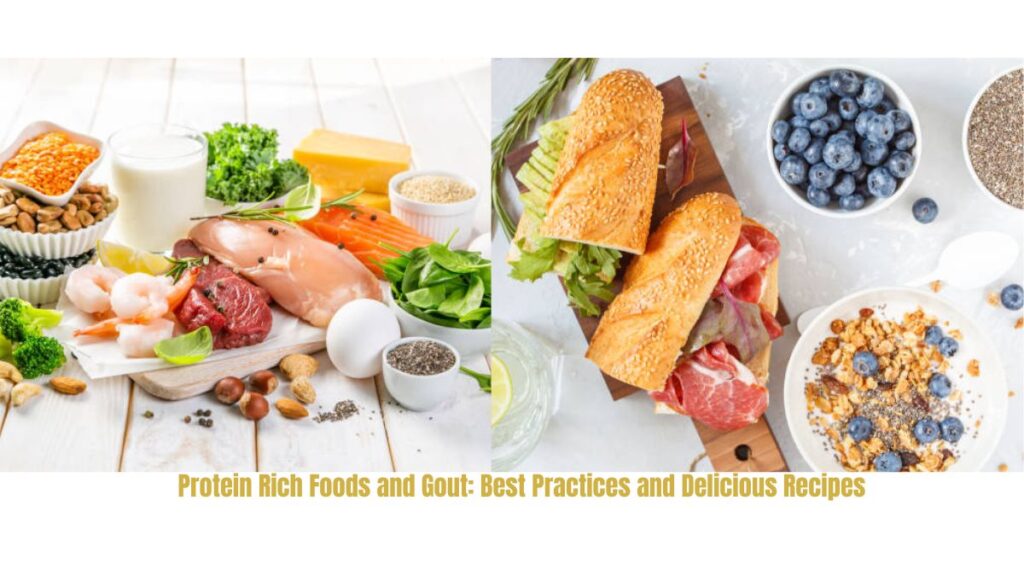
- Moderation in Purine-Rich Foods: Purines are natural substances found in certain foods, including some protein-rich ones such as red meat, organ meats (liver, kidneys), shellfish, and certain types of fish (like anchovies, sardines). Purines metabolize into uric acid, which can exacerbate gout symptoms. While complete avoidance isn’t necessary, moderation is key.
- Hydration: Ensuring adequate hydration helps to dilute uric acid levels in the blood, reducing the risk of crystal formation and gout attacks. Individuals should aim to drink plenty of water throughout the day, particularly when consuming protein-rich foods.
- Consider Low-Purine Protein Sources: Opt for protein sources that are lower in purines, such as poultry, tofu, low-fat dairy products, and legumes (beans, lentils). These options provide necessary protein while potentially minimizing the risk of gout flare-ups.
- Limit Alcohol Intake: Alcohol, particularly beer and spirits, can increase uric acid levels in the blood and contribute to gout attacks. Individuals with gout should limit alcohol consumption or avoid it altogether, especially during periods of gout flare-ups.
- Healthy Weight Management: Maintaining a healthy weight through a balanced diet and regular exercise can help reduce the risk of gout attacks. Excess weight can lead to higher levels of uric acid in the blood, increasing the likelihood of gout symptoms.
- Medication Compliance: For individuals with recurrent gout attacks or high levels of uric acid, medications prescribed by a healthcare professional can help manage symptoms and prevent future flare-ups. It’s essential to adhere to prescribed medication regimens and consult with a healthcare provider regularly.
- Individualized Approach: Since triggers and tolerance levels can vary among individuals with gout, it’s crucial for each person to monitor their symptoms and dietary responses closely. Keeping a food diary or working with a registered dietitian can help identify specific dietary triggers and tailor recommendations accordingly.
By incorporating these safety considerations into their dietary habits, individuals with gout can better manage their condition and reduce the risk of experiencing painful flare-ups. However, it’s essential to consult with a healthcare provider or registered dietitian for personalized advice and management strategies.
Conclusion:
By embracing a balanced approach to nutrition and incorporating protein-rich foods thoughtfully into your diet, you can take proactive steps towards managing gout effectively. With these best practices and tantalizing recipes at your disposal, achieving optimal health and well-being is within reach…….see more


